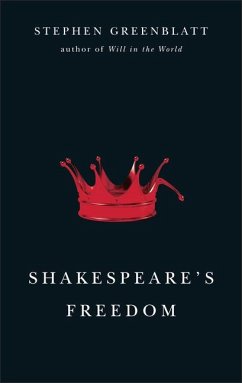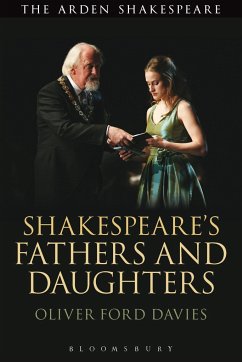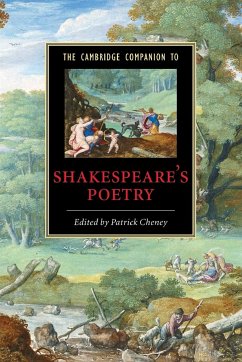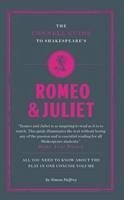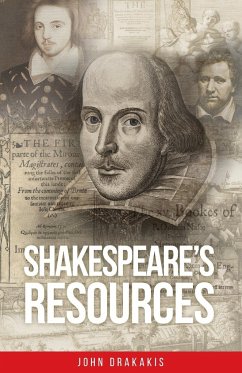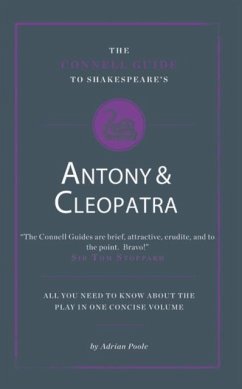Nicht lieferbar
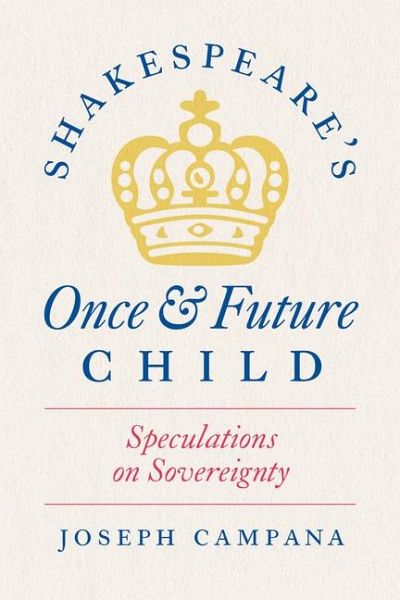
Shakespeare's Once and Future Child
Speculations on Sovereignty
Versandkostenfrei!
Nicht lieferbar
"Politicians are fond of saying that "children are the future." How did the child become a figure for our political hopes? Joseph Campana's book locates the source of this idea in transformations of childhood and political sovereignty during the age of Shakespeare, changes spectacularly dramatized by Shakespeare himself. Shakespeare's works feature far more child figures--and more politically entangled children--than other literary or theatrical works of the era. Campana delves into this rich corpus to show how children and childhood expose assumptions about the shape of an ideal polity, the n...
"Politicians are fond of saying that "children are the future." How did the child become a figure for our political hopes? Joseph Campana's book locates the source of this idea in transformations of childhood and political sovereignty during the age of Shakespeare, changes spectacularly dramatized by Shakespeare himself. Shakespeare's works feature far more child figures--and more politically entangled children--than other literary or theatrical works of the era. Campana delves into this rich corpus to show how children and childhood expose assumptions about the shape of an ideal polity, the nature of citizenship, the growing importance of population and demographics, and the question of what is or is not human. As our ability to imagine viable futures on our planet feels ever more limited, and as children take up legal proceedings to sue on behalf of the future, it behooves us to understand the way past child figures haunt our conversations about intergenerational justice. Shakespeare offers critical precedents for questions we still struggle to answer"--





